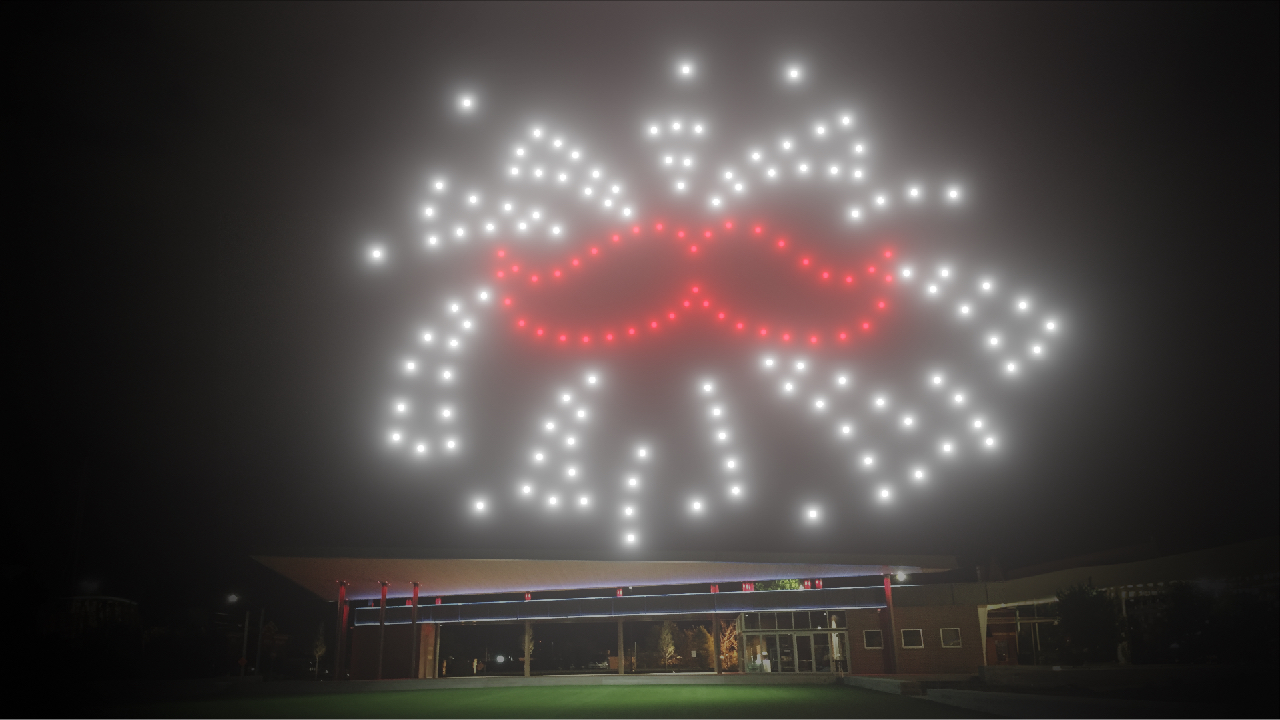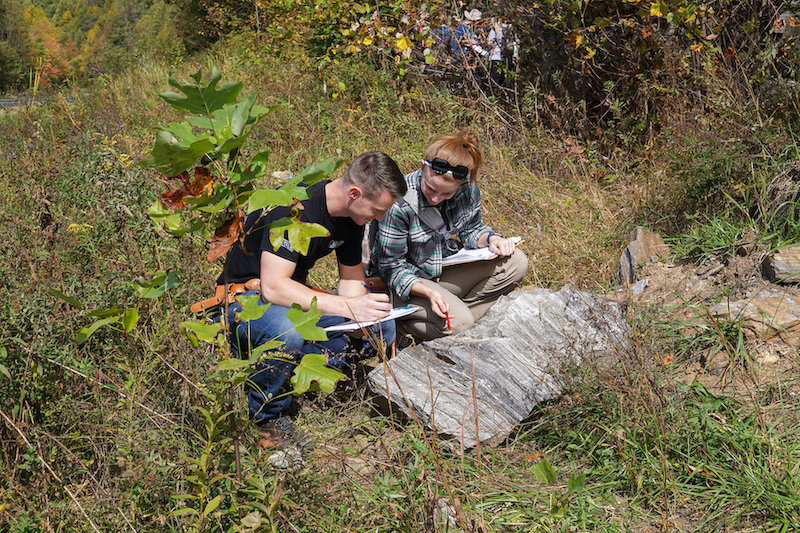Austin Peay department’s new name emphasizes earth, environment to connect with students

A longstanding science department – the Department of Geosciences – at Austin Peay State University has a new name. And the department’s professors hope that the new name – the Department of Earth and Environmental Sciences – will better connect with prospective students.
“Few students come to college and want to be in geology or geography,” said Dr. Jack Deibert, chair of the newly named department. “One of the main reasons for that is they’re not taught those subjects in Tennessee high schools. But they understand the environment and environmental science.”
The name – which became official in November – better reflects what students can learn and what job opportunities they’ll have. The degree offered by the department also soon will change from geoscience to earth and environmental sciences.
The major will include a Bachelor of Science in Earth and Environmental Sciences with concentrations in geology and geography, and students can minor in geography, geology, GIS (geographic information systems) or water resource management.
Faculty and staff have been considering the change for a few years. Geoscientists from outside the state and familiar with the challenges of recruiting high school students also helped with the name change during a five-year review.
‘Reflecting what we do’
High school graduates are familiar with earth and environmental sciences, and many are passionate about those topics, but they often don’t connect the fields to the geosciences.
“It’s just that they don’t recognize what geology, geography or geosciences are, and if they knew what they were, they would come as that major,” Deibert said. “That means that we grow our own majors. They might take a geography or geology class, and then they go, ‘Oh, wow! This is really cool.’ This name is a better reflection to the outside world of what we do.”
Dr. Christopher Gentry has seen this in his physical geography classes.
“I tell them if you come thinking we’re going to just be looking at maps and finding state capitals, you’re going to be disappointed,” he said. “We’re going to talk about atmosphere. We’re going to talk about oceans. We’re going to talk about climate system interactions. We’re going to talk about ecosystems.
“That’s when students go, ‘Oh, ecosystems? That’s environment-type stuff. That’s what I’m interested in.”
As Deibert noted, Tennessee students don’t get many geology- or geography-centered classes in their curriculum.
Gentry has a child in middle school, for example, who recently learned about atmospheric moisture and high- and low-pressure cells.
“I asked, ‘Do they tell you that this is geography? Do they say that it’s meteorology or climatology?’” Gentry said.
His child responded: “No. This is just what we do in our science class.”
Students have the background that they need – and they might be interested in ecosystems or the landscapes and rivers they learn in geology classes – “but they don’t connect it to a degree,” Gentry said.
“Our hope is that they know what ‘earth’ means, and they know what ‘the environment’ means and that they will connect that to our degree.”
Career choices span the planet
Earth and environmental graduates get jobs at places such as the Tennessee Department of Environment and Conservation, the Army Corps of Engineers, the U.S. Forest Service and as GIS specialists.
“You don’t have to be a marine biologist to work with the ocean,” Gentry said. “Physical geologists work with the ocean. I have friends who are physical geographers who work with the ocean because of its connection to the atmosphere, with sea surface temperatures and water salinity.
“The things that you want to do are in this department,” he added. “You can do anything that you want with the earth and the environment.
“You just have to have the imagination for what you want to do.”
News Feed
View All News
APSU has awarded Faculty Research and Scholarly Support Grants to five CoSTEM faculty members for innovative projects ranging from cancer research to virtual reality studies.
Read More
APSU and its College of STEM will sponsor two drone shows at Montgomery County's New Year's Eve Celebration at Downtown Commons, featuring student-designed animations and offering pre-event drone workshops to the community.
Read More
The College of STEM has awarded grants to three student organizations that will support a chemistry career fair, a GeoClub open house, and a wildlife observation event with the Nashville Zoo.
Read More